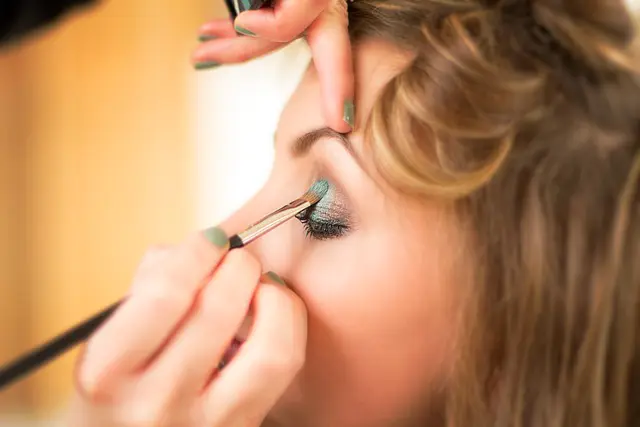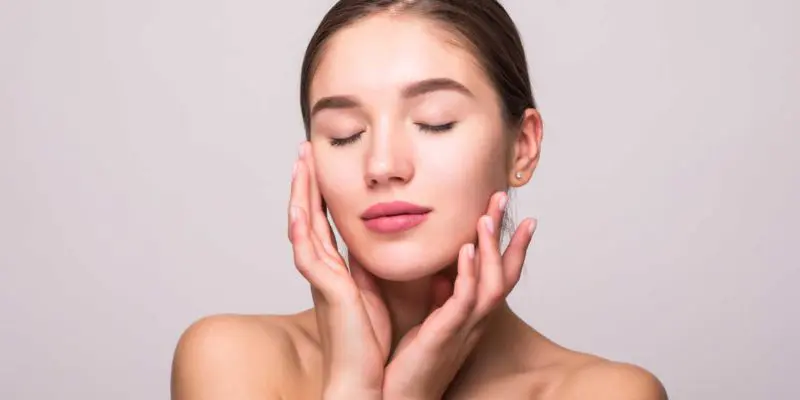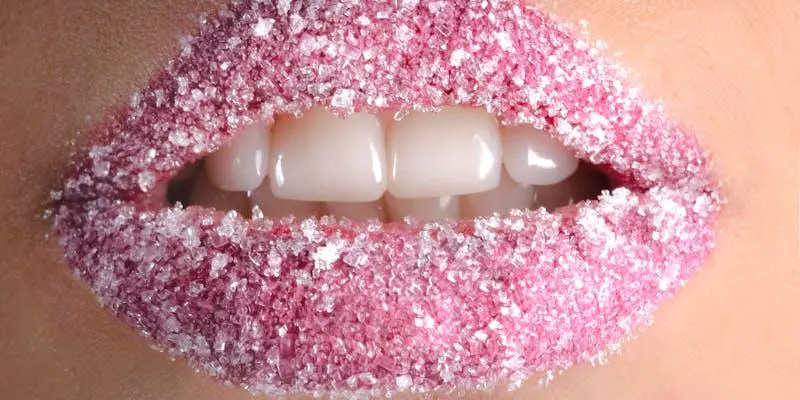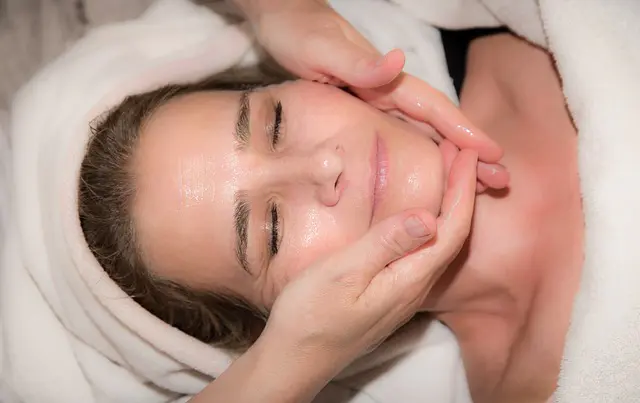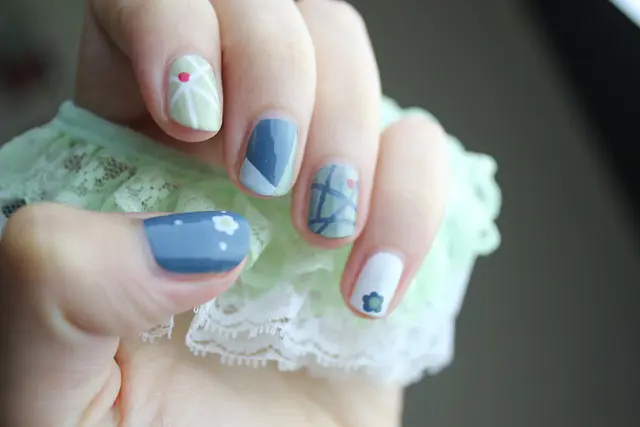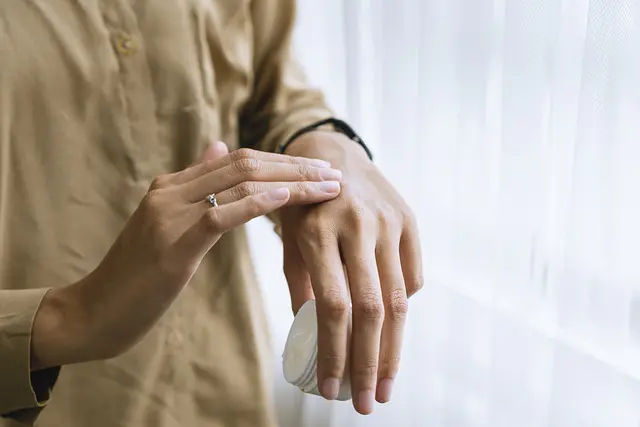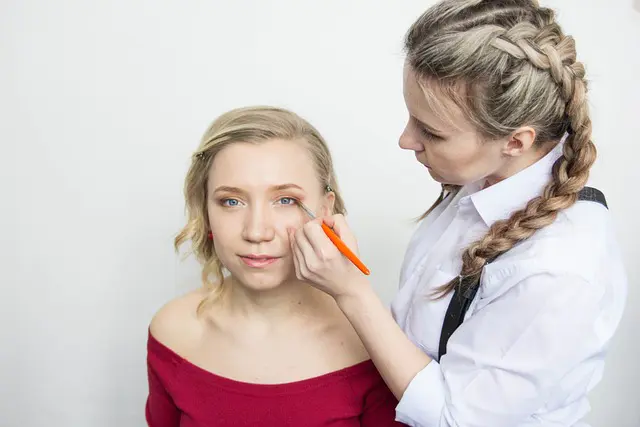Although the overall health benefits of sleep are well recognized, its pivotal role in skin health is often underestimated. The term "beauty sleep" is not just a trendy expression; it is supported by scientific evidence. Sufficient sleep is essential for skin repair and rejuvenation, leading to a youthful, radiant complexion and a clear skin tone.
This article explores the scientific basis of sleep's effect on skin health, the benefits of restful sleep for your beauty routine, and tips to optimize your sleep for better skin health. Understanding the connection between sleep and skincare can motivate you to prioritize rest and boost your skin's natural luminosity.

1. The Connection Between Sleep and Skin Revitalization
Sleep is the body's period for recovery and repair, with the skin being no exception. Throughout the night, the body goes through various restorative sleep stages, each contributing uniquely to skin health. Deep sleep and REM sleep are particularly crucial for the skin's ability to regenerate.
1.1 The Role of Growth Hormone in Skin Revitalization
During deep sleep, the body's production of growth hormones, which are vital for tissue growth and repair, including the renewal of skin cells, peaks. This process is crucial for maintaining a youthful appearance and reducing the signs of aging. Growth hormones facilitate the regeneration of skin cells, replacing damaged ones, and enhancing skin texture, reducing the visibility of fine lines and wrinkles, and promoting an even skin tone. Sleep, therefore, acts as a natural mechanism for skin restoration, countering daily environmental stressors, UV damage, and pollution.
1.2 Repairing Skin Damage
The skin faces numerous external challenges daily, such as sun exposure and pollution, leading to inflammation, oxidative stress, and premature aging. Sleep enhances blood circulation to the skin and stimulates collagen production, aiding in damage repair. Collagen, a protein that provides structure, firmness, and elasticity to the skin, is supported by adequate sleep, keeping the skin plump, smooth, and youthful. Sleep also improves the skin's moisture retention, leading to improved hydration and a healthy glow by morning. 2. Sleep and Skin Conditions: The Rest's Impact on Skin Appearance
Beyond the general skin repair benefits of sleep, restful sleep is essential in preventing and managing skin conditions like acne, eczema, and dry skin.
2.1 Acne and Pimples
Insufficient sleep can increase stress hormones, such as cortisol, which can trigger acne breakouts. High cortisol levels are associated with inflammation, sebum production, and clogged pores, all contributing to acne development. Sufficient sleep regulates cortisol levels, reduces stress, and balances hormones, preventing breakouts and promoting clearer skin.
2.2 Dry Skin and Hydration
Inadequate sleep can lead to skin dehydration. Sleep is necessary for repairing the skin's moisture barrier, preventing water loss, and maintaining hydration. Chronic sleep deprivation can disrupt this process, resulting in dry, flaky, and dull skin. Sufficient sleep maintains the skin's natural moisture balance and supports self-repair, leading to softer, more supple skin by morning.
2.3 Eczema and Inflammation
Inflammatory skin conditions like eczema can worsen with poor sleep. Poor sleep quality increases systemic inflammation, exacerbating symptoms of eczema and other inflammatory conditions. Restorative sleep helps reduce inflammation and supports the healing of inflamed or irritated skin. Prioritizing sleep can lead to reduced flare-ups and improved skin comfort for those with chronic skin conditions. 3. Sleep, Aging, and Skin Longevity
As we age, our skin undergoes natural changes, including decreased collagen production, loss of elasticity, and the emergence of fine lines and wrinkles. Ensuring adequate, high-quality sleep is one of the best ways to combat premature aging and maintain youthful-looking skin.
3.1 Collagen Production and Wrinkle Reduction
Collagen, the skin's structural foundation, slows down with age. Sleep boosts collagen levels, helping to keep the skin firm and
Recent
See All2025-03-05
Discovering the Path to Glowing Skin: A Guide to Natural Radiance
2025-03-05
Navigating Skincare in Humid Weather: Strategies for Acne-Prone Skin
2025-03-05
Embarking on the Journey to Lasting Lip Color and Enhanced Lip Volume
2025-03-05
Celebrating the Union of Beauty and Wellness for a Radiant Appearance
2025-03-05
Enhance Your Skin's Glow with Scientific Skincare: Tips for a Brighter Complexion
2025-03-05
Revolutionizing Beauty: A Fusion of Innovation, Ecology, and Wellness
2025-03-05
Cultivate Your Skin's Health: Uncover the Perfect Body Wash for Your Skin Type
2025-03-05
Embarking on a Journey to Eternal Beauty: Cultivating Skin for Lasting Grace
2025-03-05
Timeless Elegance: The Persistent Influence of Vintage Style in Modern Fashion
2025-03-05
Glowing Skincare: Harnessing Glycerin for a Brighter You
Newsletter
Get life tips delivered directly to your inbox!

